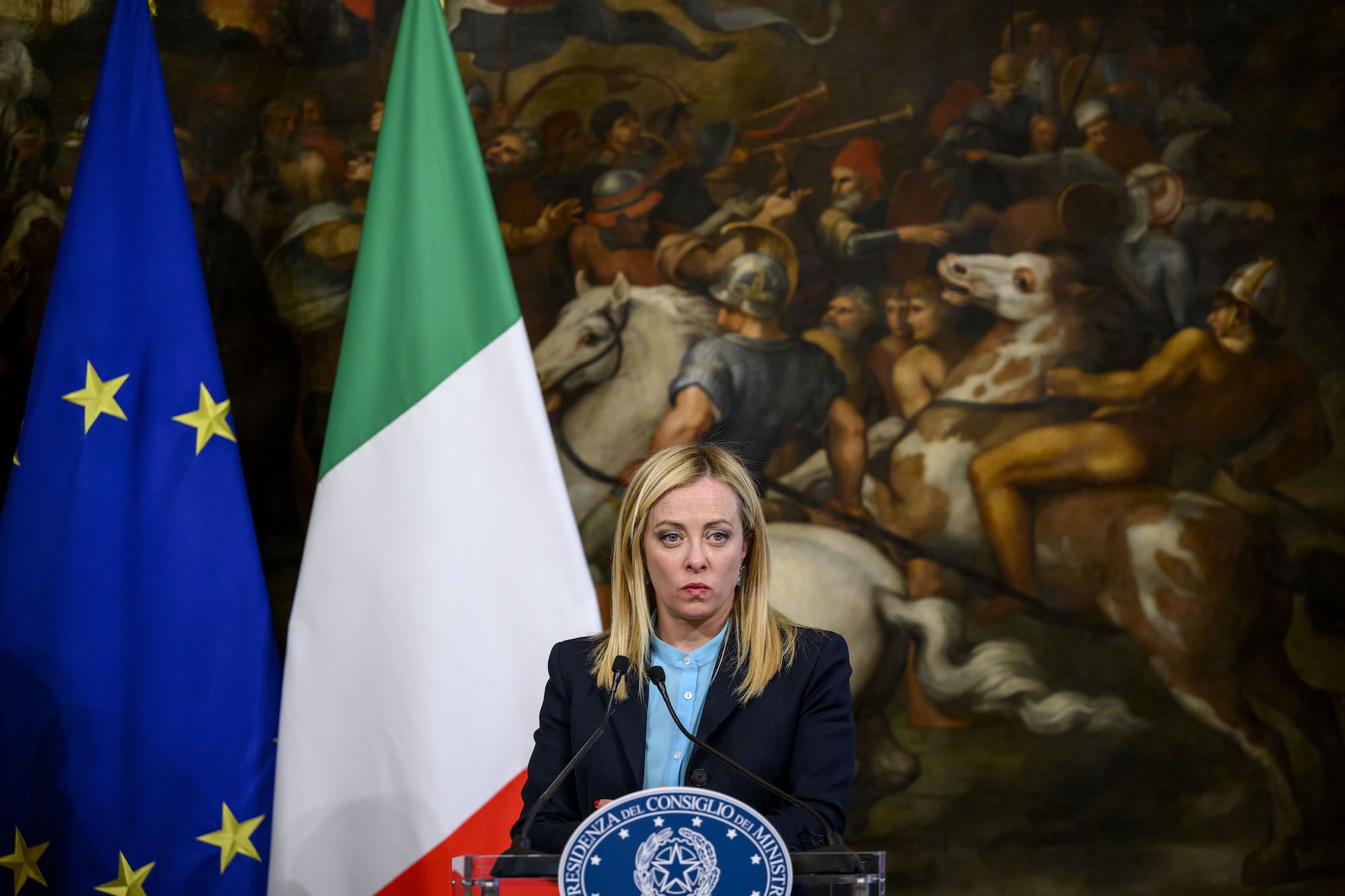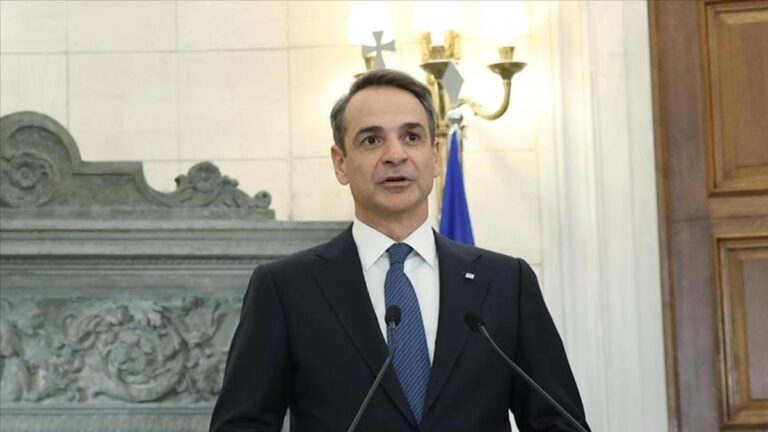Hong KongCNN — Italy, the only G7 country to join China’s flagship Belt and Road Initiative, will leave the global infrastructure program when its contract expires next year – the latest sign of hardening European attitudes to Beijing and its global ambitions.
Prime Minister Giorgia Meloni on Thursday confirmed the widely expected move, a campaign pledge during her run for office last year amid complaints the deal signed with China by a previous government in 2019 had brought few benefits to Italy’s economy.
Meloni stressed however that Rome could maintain good ties with Beijing outside the program, which has expanded China’s global influence while raising concerns it has saddled some countries with unmanageable debt.
“I think that we should … improve our cooperation with China on trade, the economy,” Meloni told reporters, according to Reuters, in her first public comments on the issue after reports Italy had told China of its decision not to extend the pact after it expires in March 2024.
“The tool of the (BRI) … has not produced the results that were expected,” she added.
Italy’s move comes as the European Union has embarked on a campaign to “de-risk” its supply chains from China’s and secure sensitive technologies after the bloc deemed Beijing a “systemic rival” in 2019.
Those frictions were on show Thursday during a summit between EU heads and Chinese leader Xi Jinping in Beijing, where the two sides grappled with points of contention from trade to Russia’s war in Ukraine – with little concrete progress made.
China’s Foreign Ministry took a measured tone when asked about the Italian withdrawal during a regular press briefing Thursday, pointing to the “enormous appeal and global influence of Belt and Road cooperation.”
“China firmly opposes attempts to smear and sabotage Belt and Road cooperation or stoke bloc confrontation and division,” spokesperson Wang Wenbin said, without referring directly to Italy.
‘Wicked’ decision
China has inked agreements with what it says are more than 140 countries for partnership on the program, which has funneled hundreds of billions of dollars into roads, ports, airports and bridges, largely across the Global South over the past decade.
Italy’s decision to join the scheme in 2019 was widely seen at the time as a diplomatic win for Beijing – and drew criticism from Washington and Brussels.
In an interview with newspaper Corriere della Sera this summer, Italian Defense Minister Guido Crosetto branded the 2019 decision as “wicked,” citing growing trade imbalances between the two countries
Source: Cable News Network







